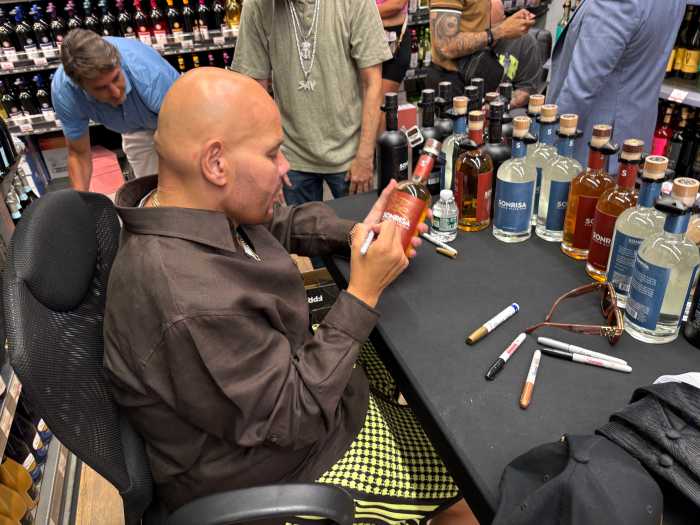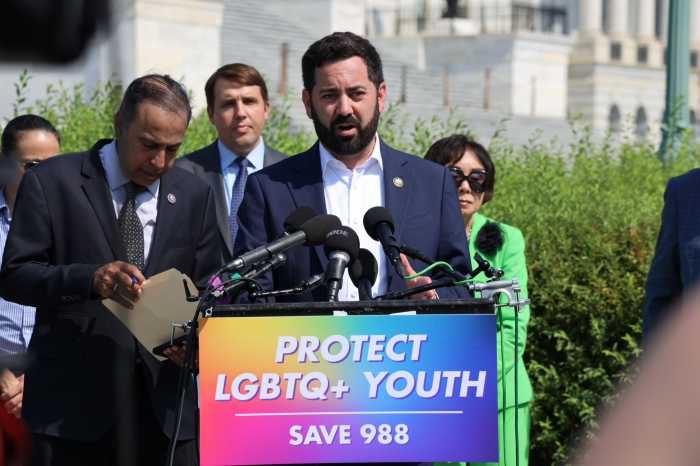Borough Park State Sen. Simcha Felder is calling on Mayor de Blasio to stop the practice of “body snatching”, which is the release of unclaimed bodies without prior written consent by either the deceased person or their next of kin.

That after New York’s highest court ruled this week that medical examiners can keep the organs of unidentified bodies without family consent.
The case they ruled on involved 17-year-old Jesse Shipley, a Staten Islander who died in a car crash in 2005. Two months after the funeral, his sister’s high school class went on a field trip to the morgue, where friends saw her brother’s brain in a labeled jar.
A jury awarded the family $1 million for emotional distress, which was reduced to $600,000 by a mid-level court. However, the City appealed and won in a 5 to 2 decision, arguing that turning over all of the remains to the family would put a strain on coroners because it can take weeks to fully analyze organs.
“There is simply no legal directive that requires a medical examiner to return organs or tissue samples derived from a lawful autopsy,” Judge Eugene Pigott wrote.
But Felder said the court decision was wrong both or moral and possibly legal grounds.
“Allowing a family to bury their beloved is basic human decency. A grieving family must have the right to decide what is being done with the remains of their loved one. Anything less than that is an outrage and will cause an already distraught family unnecessary anguish and torture,” said Felder.

The City had suspended the release of unclaimed bodies, but faced a lawsuit from the American Academy McAllister Institute of Funeral Service, Inc., the City’s only embalming school. The school sued on the grounds that the suspension hinders the education of its students.
Unlike medical schools, which get cadavers from those who donate their bodies to science, the AAMI relies mostly on New York City’s unidentified remains for their embalming courses. The City lifted the suspension prior to any court ruling, allowing the school access to unidentified bodies 48 hours after death.
Felder feels that the Court has “completely ignored human sensitivities” and misinterpreted the law, giving medical examiners too much freedom. The senator is calling on New York State Medical Examiners to respect the rights of the families of the deceased until new legislation is passed.
“The courts have really overreached and overstepped what the statue itself actually talks about, so that’s something that’s worth investigating, “ said Felder spokesman Shlomo Himmel.
Community and religious leaders argue that 48 hours is not enough time to properly identify and contact the family of the deceased. In a city like New York, it’s possible that the family lives more than 48 hours away. Even if they were contacted within 48 hours, the family may not be able to get to the city within that time frame, they argue.
“This is about respect for the dead; it’s about decency,” said Rabbi Yaakov Meyer, Director and Founder of Misaskim, an American Orthodox Jewish not-for-profit that provides care of the dead in accordance with Jewish law and custom. “Just as New York State requires a signed consent for donating organs, it should certainly require consent before allowing a body to be used for teaching purposes.”
In the meantime, Felder is sponsoring senate bill, S4430, which would ensure that those who have died without friends or family to bury them will still receive a proper burial.







